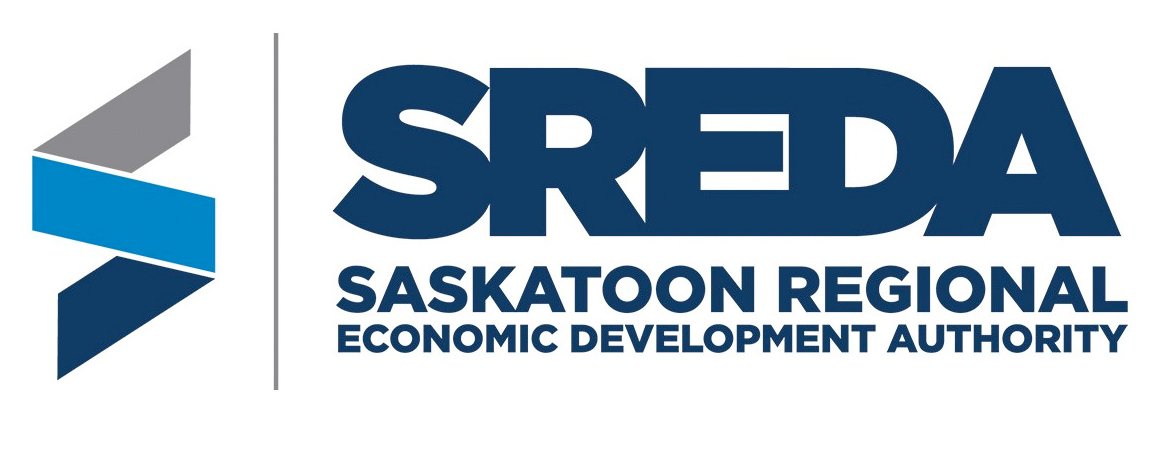TAX AND ASSESSMENTS
(Last Updated: January 20, 2026).
Taxes
Municipal Taxes
Municipal taxes pay for services such as police, fire, road maintenance, parks and recreation facilities, social services, municipal administration, public works staff, health, library, and council costs.
Education Property Taxes – Prairie Spirit School Division
The Town of Hepburn is responsible for collecting a portion of the provincial education tax from town property owners on behalf of the Provincial Government. The Board of Education relies on property taxes to support education throughout the province. While the Town is required by legislation to collect school taxes and lodge authority taxes, the municipality has no control over the setting of the tax rates.
Taxation FAQs
Property and other taxes imposed by the Town of Hepburn are deemed to be imposed on the first day of January in each year and shall be due on December 31st of the same year. Please contact the Town Office if you are unsure of your payment amount or to clear up any tax arrears. The Town Office also offers a Tax Incentive Program whereby discounts shall be allowed for prepayment of taxes with respect to the municipal portion only of their current year’s taxes on property.
Assessments
(Information from www.sama.sk.ca/ )
What is an assessment?
An assessment is the act of determining a property’s value.
What is the relationship between property assessment and taxes?
The key difference is that assessment – determining assessment values for all properties – is SAMA’s responsibility, while the task of setting property taxes belongs to municipal governments. The relationship between assessment and taxes comes from the fact that municipal governments levy taxes as a “mill rate” that is charged as a proportion of property’s assessment value.
Assessed value X Municipal mill rate = Property Taxes
Why did the value of my property change?
One of two things may have occurred: (1) The real estate market may have changed. Market forces are the usual cause of a change in assessments. These changing markets are seen every four years when SAMA does a “revaluation” that updates assessments using a new base year. (2) A property may also have been changed. For example, the buildings may have been upgraded. The change in physical data can happen any time.
Why is it that my assessment value may not match what I just paid for a property, or what another appraiser said my property is worth?
To create an equitable system, SAMA determines assessments that reflect long-term values, and avoid short term market fluctuations. The selling price for any individual property is always subject to short-term, local market conditions, not on long-term fair value. Even their assessments, however, may not be the same as what an individual buyer and seller may agree upon when selling a property.
What happens if I disagree with my property’s assessed value?
There is an appeal process you can follow. Contact your local municipal office or SAMA regional office.
I’m not sure if I should appeal. How can I find out if the assessment of my property is accurate?
First, contact your local municipal office and ask if an assessment open house or information meeting may have been scheduled. That will be an important source of information. You can also contact the nearest SAMA office. We would be happy to discuss the methods used to arrive at the value of your property.
Who decides how assessments are done?
The policies, procedures, and standards for assessment are determined by SAMA, and must be followed by all Saskatchewan municipalities. This job is mandated to SAMA by provincial legislation title ” The Assessment Management Agency Act.”
Who conducts assessments?
Each municipality determines who will conduct the assessments of its properties. SAMA has a staff, expertise and regional offices to provide this service and is contracted by many municipalities to do their assessment maintenance, revaluation and reassessment work. Some larger municipalities maintain their own staff of assessors.
What is a base date?
The base date is the year on which property assessments are determined. For that reason, revaluations are done every four years so that assessed values remain as up-to-date as possible. The current revaluation was implemented in 2021 and is based on 2019 market conditions.
When is the next revaluation?
The next revaluation was completed in 2025.



